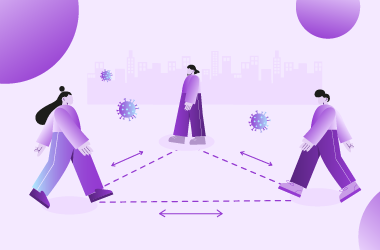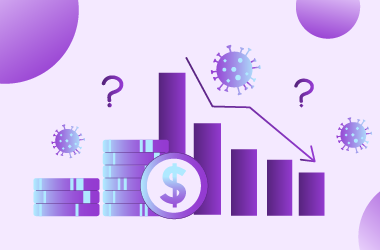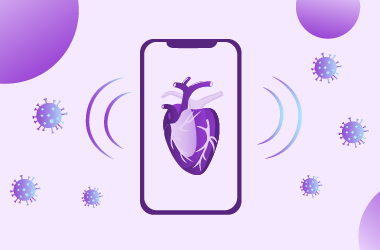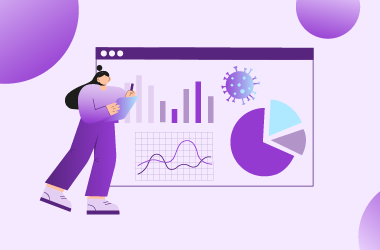
Safeguarding Data of Contact Tracing Apps in Luxembourg
Prof. Peter Ryan has been a member of the Research Luxembourg COVID-19 Taskforce Work Package on e-health solutions since the beginning of the pandemic.
As researchers, we are entrusted to support society by creating new knowledge. When the COVID-19 pandemic hit, we mobilised our ICT expertise to find ways we could help.
In addition to working on a number of FNR projects, some of our staff served on the Luxembourg COVID-19 Task Force under the coordination of the Ministry of Higher Education and Research. From epidemiological data modelling to contact tracing, SnT researchers have worked together as one, even at a distance, to find solutions for everyone.

Prof. Peter Ryan has been a member of the Research Luxembourg COVID-19 Taskforce Work Package on e-health solutions since the beginning of the pandemic.

Everywhere I looked, people were talking about numbers: about statistics of total infections in one country versus another, about the mortality rate, about the “R” value.

Fake news plays a big role in our work. In our research, we hypothesise that fake news actually spreads differently than genuine news. We believe that our model of Luxembourg’s Twitter community will demonstrate this is the case.

This research will lay the technological foundations for an app that will help keep cardiovascular patients safe during the COVID-19 crisis.

Our tool uses machine learning techniques to analyse public data and deliver hypothetical projections of how different isolation measures will impact the spread of coronavirus in more than 100 countries around the world.

The supercomputer’s vast computing power and storage capacities were used for enabling and accelerating COVID-19 research in the areas of biomedical and life sciences, ICT and material sciences.

Maintaining physical distance in public areas is a crucial element to help stem the spread of the disease, and yet it is challenging to monitor where and when it is being implemented effectively.